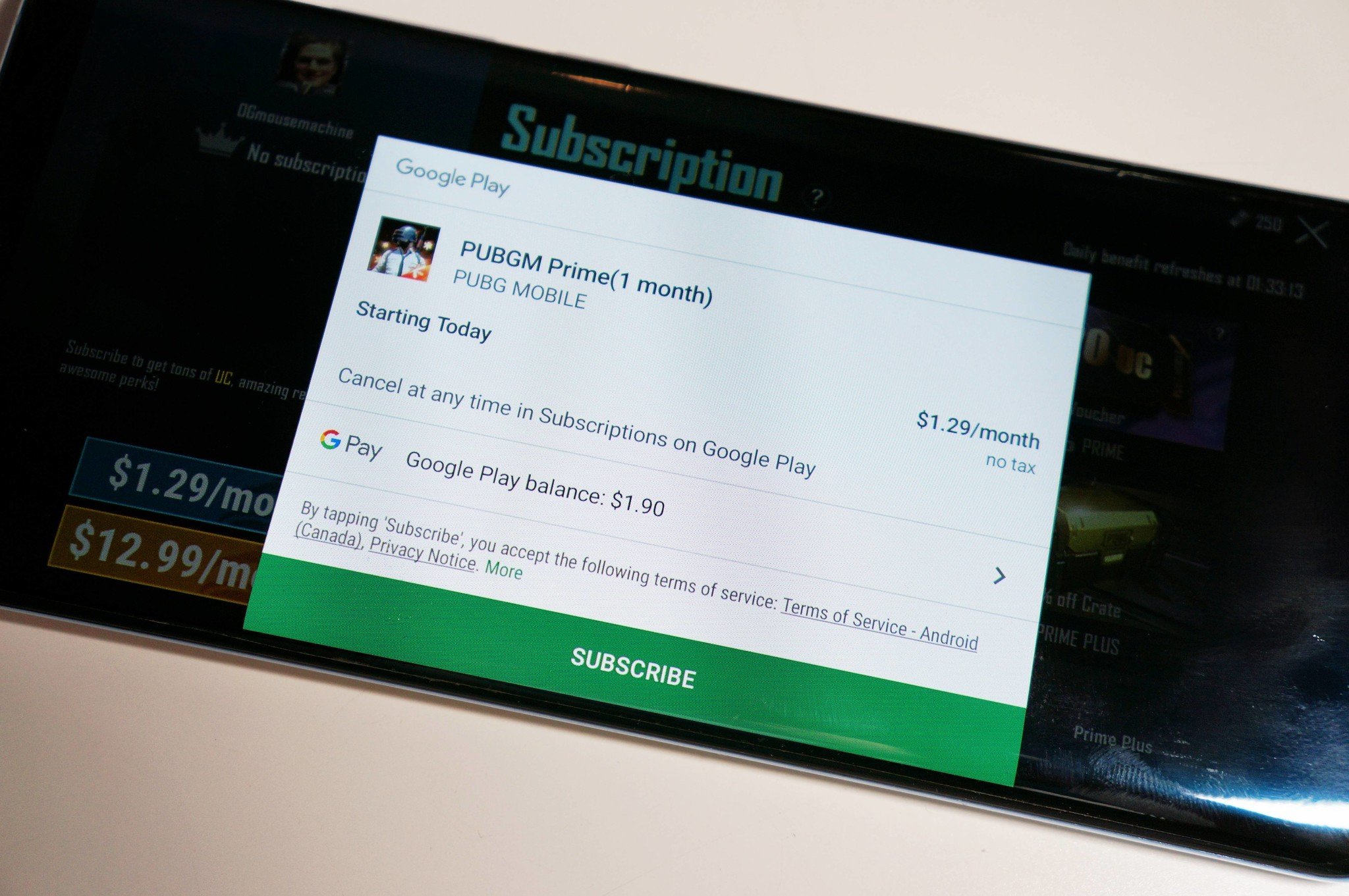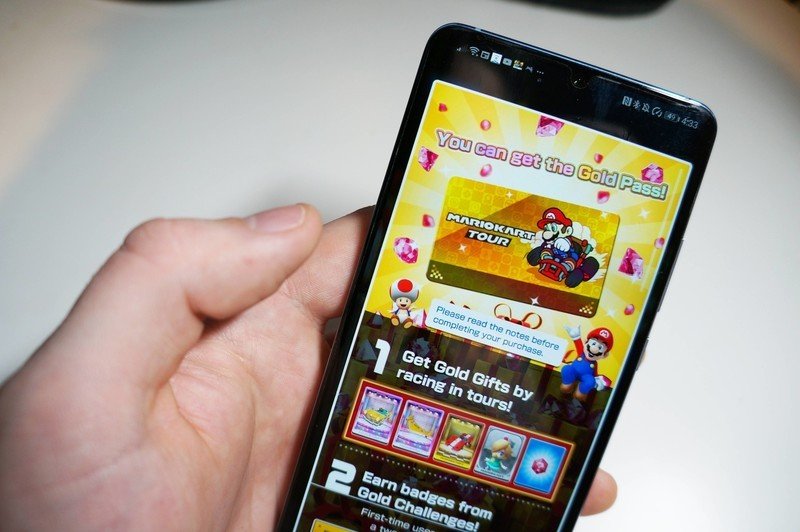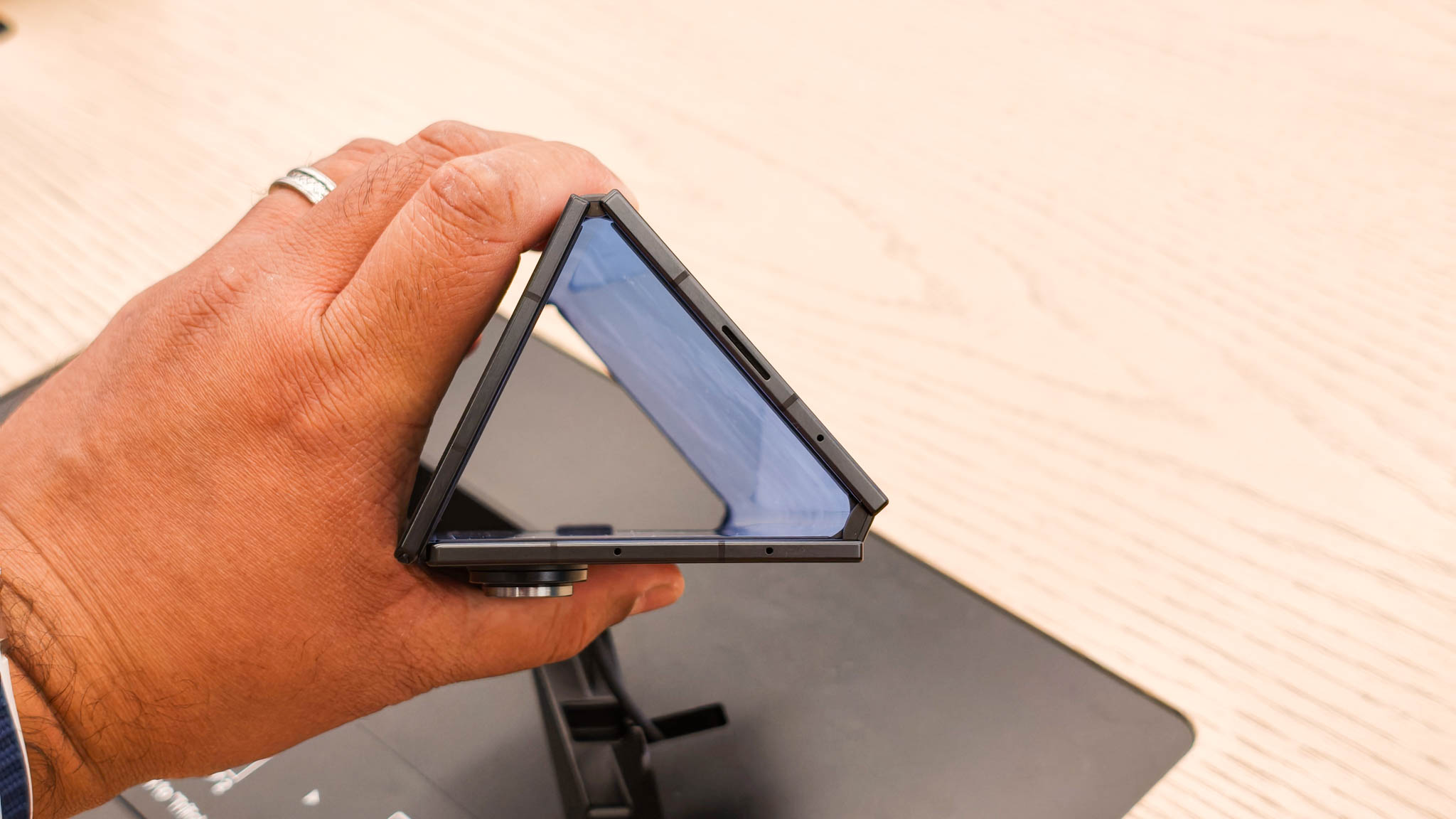In-game subscriptions could become the next big mobile gaming trend — and I hate it

The 2010s was a huge decade for mobile gaming, both in terms of the quality of games released and the heaps of money that publishers raked in through exploiting freemium models and in-app purchases.
Some of the most notable examples that come to my mind are classics like Clash of Clans and Candy Crush Saga — both are still among the Google Play Store's top-grossing games in 2019 — and more recent trendsetting games such as Pokémon GO and PUBG Mobile.
While each of those games is unique in its own way, the common thread that ties them all together is how the developers and publishers capitalized on the free-to-play model of getting the game installed on millions of phones and then enticing hooked gamers to drop obscene amounts of cash in exchange for in-game currency or items.
This has proven to be a lucrative model that continues to dominate the app store — but a new monetization model is on the horizon: monthly subscriptions.
What exactly are you subscribing to?
Digital subscriptions are nothing new, and can often provide an enhanced service at a reasonable price. A perfectly analogous example would be Spotify. Anyone can use the free, ad-supported version of Spotify with some restrictions when it comes to playlists and playback controls. Or, you can pay for a Spotify Premium subscription and get unlimited access to all the music you could ever want that's available on the service.
But in a world where most game developers and publishers are focused on increasing user engagement and profits, my biggest fear is that the monthly subscription model will emerge as the next big trend for mobile game publishers. As if there aren't enough digital media subscriptions out there as it is, you could soon be hassled to subscribe to premium passes for individual mobile games
Paying a monthly subscription for "in-game perks" is dumb if you're still stuck with the same free-to-play mechanics.
I've already experienced perhaps the worst implementation of a paid subscription in a mobile game, and can speak with some authority about it having actually subscribed to it for a time: PUBG Mobile's Prime and Prime Plus subscriptions.
Get the latest news from Android Central, your trusted companion in the world of Android
The basic Prime subscription is just $1 a month and lets you collect a total of 150UC (PUBG Mobile's in-game currency) by logging in each day during the month. A Prime Plus subscription is $10 a month and lets you collect up to 600UC for the month along with some "exclusive deals" from the in-game shop.
While I kept my subscription active for a month or two just to build up a small stockpile of UC (to spend on the "premium Season Pass", another dubious offering), I ended up canceling it once I began to realize I was logging into the game more-so just to collect my rewards than to actually play and enjoy the game itself. That's stupid.
Therein lies my major issue with in-game subscriptions for mobile games: they need to offer the player something truly substantial to be anything more than another quick cash grab.
A paid subscription needs to offer a premium experience

The whole concept of games built on the free-to-play model is that players aren't required to pay, but the option is there for players who want more shiny things or faster progression. It's still a flawed system that, in my opinion, necessarily exploits the so-called "white whale" gamers who may end up, in extreme cases, spending hundreds or thousands of dollars for in-game loot. But as long as you don't go about maxing out your credit cards or spending more than you can afford, it's a necessary evil in my mind.
Subscriptions could prove to be a better monetization solution for mobile gamers and game publishers alike. In theory, they could still develop games with the free-to-play model for more casual players, while giving the hardcore players the option to basically invest in the games they love on a monthly basis.
We're likely to see more games offer subscription services baked into the app, but that doesn't mean you'll necessarily get a premium experience in return.
Nintendo offers a very imperfect example of what a subscription model that offers something unique to subscribers could look like with Mario Kart Tour. Now, I lambasted Mario Kart Tour when it first launched for its heavy reliance on monetization that includes a Gold Pass subscription which, for $5 a month, offered little to nothing of value. I still stand by those opinions, but Nintendo now letting Gold Pass subscribers be among the first to test out the game's multiplayer modes… well, at least they've added something of value to defend the subscription asking price.
Never mind the fact that Mario Kart has always been about the multiplayer experience, and that hiding a seemingly core gameplay feature behind a subscription paywall is still a shady move — especially for game franchise that's always been targeted at kids — it's at least a step in the right direction. But it also doesn't go far enough to fix the underlying issues with that games monetization schemes. Not to mention you'd also need all your friends to also get Gold Pass subscriptions to have any proper fun with multiplayer but that's besides the point.
The only way I would sign up for an in-game subscription to a mobile game (again) is if the subscription removed ALL of the annoying free-to-play elements — ads, in-app purchases, loot boxes, you name it — and just left you alone with a pure and customizable gaming experience that just let you enjoy the game.
I would gladly subscribe to a premium version of PUBG Mobile or Mario Kart Tour if it did away with all the free-to-play garbage mechanics.
I think it could be done in a similar fashion to how some developers offer both a free and paid version of the same game, wherein buying the premium version removes all ads and lets you support the developers in exchange for a better gaming experience. In this case, however, there'd still be the free-to-play version that lets players play for free (and allows publishers to continue to get fat off of in-app purchases) while the subscriber edition would deliver a reliable stream of income for the developers while offering a better experience for players who just want to play the game with no distractions.
The sad part is I do believe we will see more subscription services baked into mobile games, but only as a means of further incentivizes players to engage and spend more on the game rather than offering something of value in return. It would ultimately be a model that's really only beneficial to the companies collecting the money and without delivering any real value to gamers.
If that ends up being the new future of mobile gaming, I hope people are sensible enough to learn from my mistakes and stay the hell away from that crass form of monetization. In the meantime, the only mobile gaming subscription can recommend heading into the new year is something like Google Play Pass, which nets you a collection of great premium games to enjoy for a reasonable monthly fee.

The only mobile gaming subscription you should consider.
There's no denying Play Pass's value proposition. You pay a low monthly fee for access to a large collection of apps and games, some of which are more than worth the price of admission on their own. Just be prepared to sift through some garbage here and there as Google's curation needs a bit of work.

Marc Lagace was an Apps and Games Editor at Android Central between 2016 and 2020. You can reach out to him on Twitter [@spacelagace.
